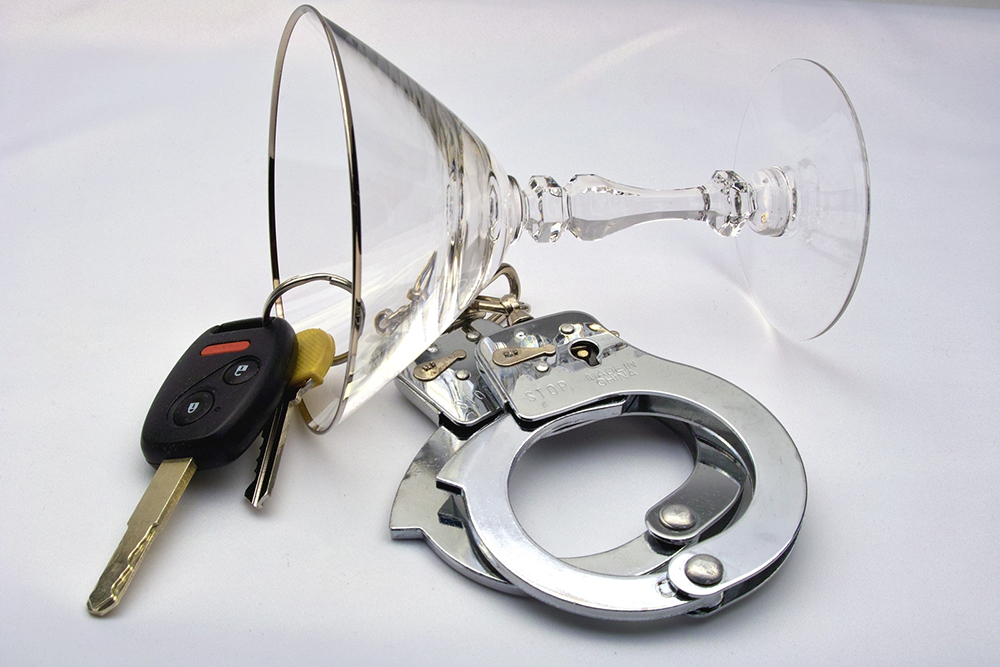Implied Consent and Field Sobriety Tests
Driving under the influence can have serious consequences in Pennsylvania. All motorists operating vehicles in the commonwealth must understand the essential elements of DUI laws before they get behind the wheel to drive.
Understanding Implied Consent
A primary element of the laws in Pennsylvania governing DUI is what is known as implied consent. In fact, all state in the United States maintain an implied consent provision in their DUI laws.
In Pennsylvania, obtaining a driver’s license means that a person has given implied consent to submit to field sobriety testing if suspected of driving a motor vehicle under the influence. Implied consent also means that a person agrees to submit to a Breathalyzer or similar type of examination designed to ascertain blood alcohol levels.
Operating a motor vehicle on the roadways of Pennsylvania is a right. When the right is extended, an individual assumes certain responsibilities – including driving sober and if suspected of doing otherwise, submitting to established testing procedures.
Refusing to Submit to Field Sobriety Testing or Breathalyzer
Because of the implied consent provision in the laws of Pennsylvania, serious consequences can befall a driver suspected of DUI if he or she refuses a chemical test.
A person who refuses faces an automatic administrative penalty, separate and apart from criminal prosecution for DUI. A person will face a driver’s license suspension of one year.
Breathalyzer Results and DUI
Pennsylvania does not have a one size fits all standard when it comes to DUI laws. Different classifications exist for individuals when it comes to being deemed under the influence of alcohol.
A person over the age of 21 with a non-commercial driver’s license is considered to be driving under the influence if his or her blood alcohol level is .08 percent or higher. However, a person under the age of 21 with a non-commercial license is considered under the influence in Pennsylvania when that individual’s blood alcohol level is a mere .02 percent or higher.
Commercial drivers are held to higher standards than are their non-commercial counterparts. A commercial driver is deemed under the influence with a blood alcohol level at .04 percent or higher. A higher standard also holds true for a school bus driver. A school bus driver is considered under the influence with a blood alcohol level of .02 or more.





